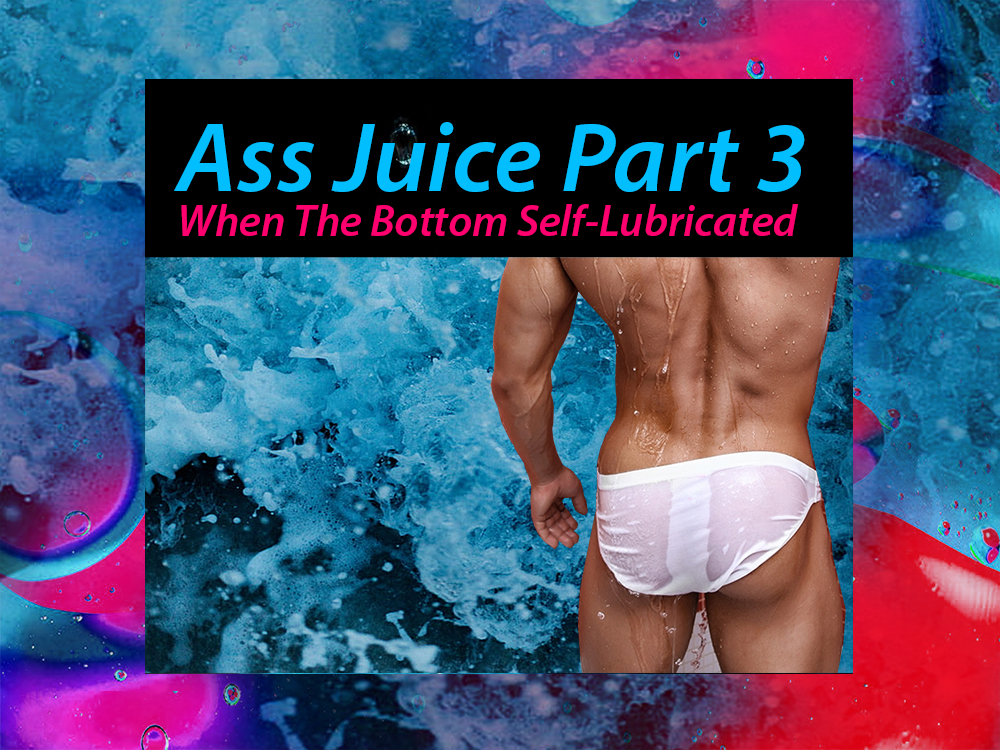Keep in mind that it takes two individuals to have a toxic relationship, meaning our own words and actions matter as well. Initially, we’ll look at the behaviors of the toxic partner, but we must look equally hard at the individual who is the recipient of the toxic behavior. And we must ask, Why? Why does an adult stay in a relationship that will almost inevitably damage him or her emotionally and/or physically? And what, if anything can we do short of leaving that might help mend such a relationship? We’ll examine both these questions later. First, however, let’s examine toxic behaviors and relationships in more detail..
What is a toxic relationship?
By definition, a toxic relationship is a relationship characterized by behaviors on the part of the toxic partner that are emotionally and, not infrequently, physically damaging to their partner. While a healthy relationship contributes to our self-esteem and emotional energy, a toxic relationship damages self-esteem and drains energy. A healthy relationship involves mutual caring, respect, and compassion, an interest in our partner’s welfare and growth, an ability to share control and decision-making, in short, a shared desire for each other’s happiness. A healthy relationship is a safe relationship, a relationship where we can be ourselves without fear, a place where we feel comfortable and secure. A toxic relationship, on the other hand, is not a safe place. A toxic relationship is characterized by insecurity, self-centeredness, dominance, control. We risk our very being by staying in such a relationship.
Types of Toxic Relationships
Even a good relationship may have brief periods of behaviors we could label toxic on the part of one or both partners. Human beings, after all, are not perfect. Few of us have had any formal education in how to relate to others. We often have to learn as we go, hoping that our basic style of relating to significant others – often learned from our parents and/or friends – is at least reasonably effective.
As mentioned above, however, what defines a toxic relationship is dysfunction as the norm. The toxic partner engages in inappropriate controlling and manipulative behaviors on pretty much a daily basis. Paradoxically, to the outside world, the toxic partner often behaves in an exemplary manner.
“– what defines a toxic relationship is dysfunction as the norm.”
Note: Any relationship involving physical violence or substance abuse is by definition extremely toxic and requires immediate intervention and, with very few exceptions, separation of the two partners. While these relationships are not necessarily irreparable, I cannot emphasize too much how destructive they are. If you’re in such a relationship, get help now!
A toxic individual behaves the way he or she does essentially for one main reason: he or she must be in complete control and must have all the power in his or her relationship. Power sharing does not occur in any significant way in a toxic relationship, meaning one person is overtly passive whether they know it or not. And while power struggles are normal in any relationship, particularly in the early stages of a marriage, toxic relationships are characterized by one partner absolutely insisting on being in control. Keep in mind, the methods used by such an individual to control his or her partner in a toxic relationship may or may not be readily apparent, even to their partner.
With the above in mind, let’s examine some of the more common types of dysfunctional behaviors that a toxic partner may use in a relationship with a significant other. These categories should not be seen as exclusive. Frequently, a toxic individual will use several types of controlling behaviors to achieve his or her ends. Also, while the examples below are most typically seen in toxic marriages and /or other committed relationships, they can certainly occur in parent-child interactions or friendships.
A further note: For the sake of brevity, I’ll often use the word “victim” to refer to the recipient of toxic behavior. In reality, however, this individual is not a victim, at least not in the sense that they are helpless to do anything about their relationship.
1. Deprecator-Belittler
This type of toxic individual will constantly belittle you. He or she will make fun of you, essentially implying that pretty much anything you say that expresses your ideas, beliefs, or wants is silly or stupid. A toxic spouse will not hesitate to belittle you in public, in front of your friends or family. Even though you may have asked your toxic partner to stop belittling you, he or she will continue this behavior, occasionally disguising it by saying, “I’m just kidding. Can’t you take a joke?” The problem is they are not kidding and what they’re doing is not a joke. The toxic partner wants all the decision making power. Unfortunately, if you tolerate this deprecating behavior long enough, you very well may begin to believe you can’t make good decisions.
This type of toxic individual will often tell you that you’re lucky to have them as a partner, that no other man or woman would really want you. His or her goal is to keep your self esteem as low as possible so that you don’t challenge their absolute control of the relationship.
2. The “Bad Temper” Toxic Partner
Frequently I’ll have a client who will tell me they’ve given up trying to argue or disagree with their partner because he/she gets so angry or loses his or her temper, and then often won’t interact with them in any meaningful way for days. “Controlling by intimidation” is a classic behavior of a toxic partner.
Often these individuals have an unpredictable and “hair-trigger” temper. Their partners often describe themselves as “walking on egg shells” around the toxic partner, never quite knowing what will send him or her into a rage. This constant need for vigilance and inability to know what will trigger an angry outburst wears on both the “victim’s” emotional and physical health.
Again, it is noteworthy that this type of emotionally abusive partner rarely shows this side of his or her self to the outside world. No one else would label the relationship toxic, meaning he or she is frequently thought of as a pleasant, easy-going person who almost everyone likes.
As you would expect, if you confront a “bad temper” partner about the inappropriateness of their anger, they will almost always blame their temper outburst on you. Somehow it’s your fault they yell and scream. This disowning of responsibility for their dysfunctional behavior is typical of a toxic partner.
3. The Guilt-Inducer
A toxic relationship can, of course, occur not only between two individuals in a committed relationship, but also between friends or parents and their adult children. Control in these relationships, as well as in a committed relationship, is exercised by inducing guilt in the “victim.” The guilt inducer controls by encouraging you to feel guilty any time you do something he or she doesn’t like. Not infrequently they will get someone else to convey their sense of “disappointment” or “hurt” to you. For example, your father calls up to tell you how disappointed your mother was that you didn’t come over for Sunday dinner.
A guilt inducer not only controls by inducing guilt but also by temporarily “removing” guilt if you end up doing what he or she wants you to do. For guilt-prone individuals, anything or anyone that removes guilt is very desirable and potentially almost addictive, so the guilt inducer has an extremely powerful means of control at their disposal.
Incidentally, guilt induction is the most common form of control used by a toxic parent(s) to control their adult children. During COVID-19 lockdowns, toxic relationships between adult children and their parents may result in conflict about restricting access to grandchildren. Or an attempt to convince you that you are limiting their ability to love you when you limit the number of gifts and surprise packages they can drop off at the house.
Frequently, a spouse or significant other will disguise their guilt-inducing control by seemingly supporting a decision you make – i.e., going back to school – but will then induce guilt by subtly reminding you of how much the children miss you when you’re gone, or how you haven’t been paying much attention to him or her lately, etc. As with all toxic behaviors, guilt-inducing is designed to control your behavior so your toxic partner, parent, or friend gets what he or she wants.
4. The Overreactor/Deflector
If you’ve ever tried to tell a significant other that you’re unhappy, hurt, or angry about something they did and somehow find yourself taking care of their unhappiness, hurt, or anger, you’re dealing with an overreactor/deflector. You find yourself comforting them instead of getting comfort yourself. And, even worse, you feel bad about yourself for being “so selfish” that you brought up something that “upset” your partner so much. Needless to say, your initial concern, hurt, or irritation gets lost as you remorsefully take care of your partner’s feelings.
A variation on this theme is the deflector: You try and express your anger or irritation regarding some issue or event – your spouse stays out with his/her friends two hours longer than they said they would and doesn’t even bother to call – and somehow your toxic partner finds a way to make this your fault!
The deflector is confused that the information you’re bringing to his or her attention is in direct conflict with their self-perception. This is so uncomfortable that they inadvertently convince you that you’re the one with “work to do.” Perhaps you are being too sensitive. Or perhaps instead of an apology, you’re offered a calculated question: “But do you love me?” Suddenly the criticism is replaced with praise.









